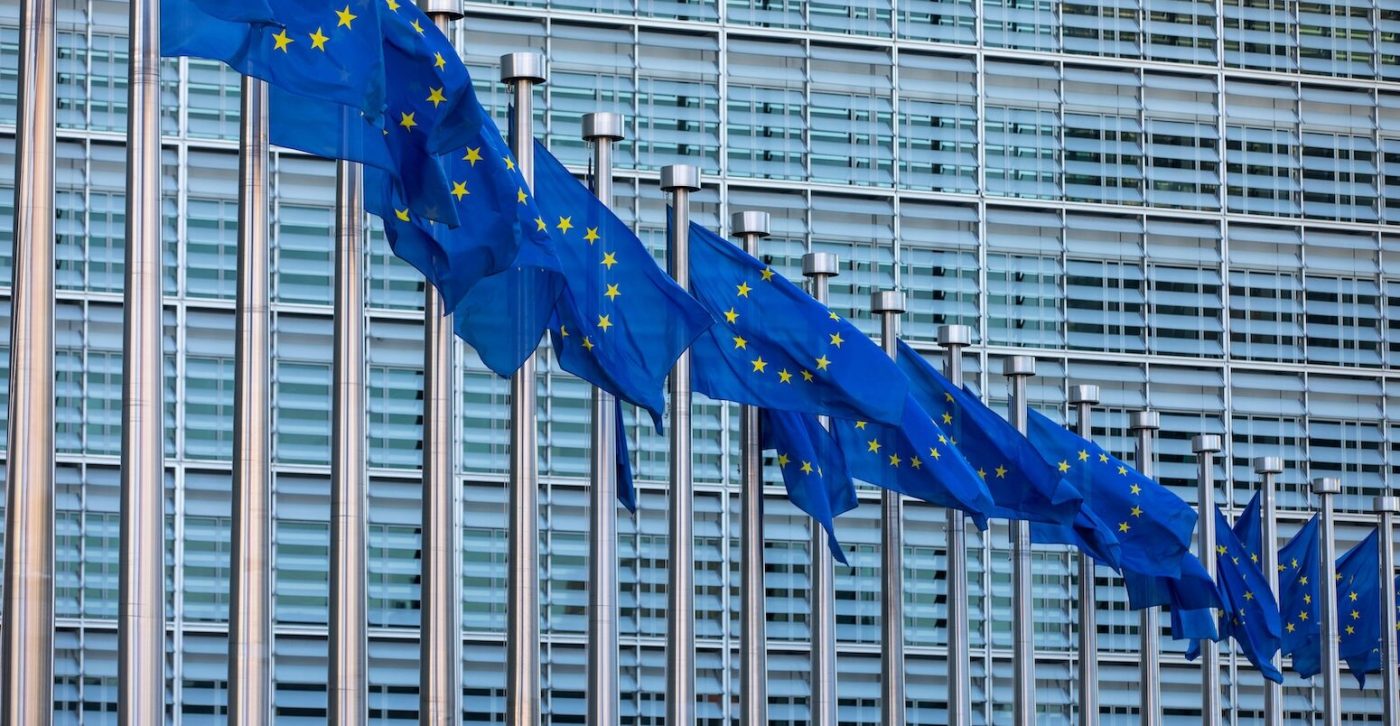NEWS
EU Recommends Reduction of Greenhouse Gas Emissions by 90% by 2040
EU Recommends Reduction of Greenhouse Gas Emissions by 90% by 2040
The European Union (EU) Commission has issued a recommendation for a 90% reduction in greenhouse gas emissions by 2040, emphasizing the urgency of addressing climate change through ambitious targets and comprehensive policy measures.
In its latest publication outlining strategies for achieving a climate-friendly continent by 2050, the Commission underscores the importance of aggressive action to curb emissions and transition towards a sustainable future. The proposed target aims to slash net greenhouse gas emissions in the EU by 90% compared to 1990 levels by the year 2040, building upon the previously set goal of a 55% reduction by 2030.
Achieving this ambitious objective necessitates robust policy frameworks and concerted efforts across all sectors of the economy. The Commission highlights the critical role of renewable energy deployment, accelerated investment in clean technologies such as carbon capture and storage, and the adoption of innovative solutions to drive emission reductions in industrial processes.
While the draft text initially included specific targets for emission reductions in the agricultural sector, the final version of the document has drawn attention for its omission of concrete objectives in this area. This decision has raised concerns, particularly in light of recent farmer protests across Europe, where agricultural communities demand fair compensation for their contributions to environmental stewardship and sustainable food production.
The ongoing demonstrations underscore the challenges facing farmers, including rising production costs, fluctuations in market prices, and regulatory burdens. Farmers are calling for greater support from policymakers to address these issues and ensure the viability of agricultural livelihoods.
In response to mounting pressure, the EU Commission has taken steps to alleviate some of the concerns raised by farmers, including exemptions to fallowing rules and reconsideration of pesticide reduction targets. These measures aim to strike a balance between environmental objectives and the needs of the agricultural sector while fostering dialogue and collaboration between stakeholders.
As EU member states prepare to convene in Brussels on February 26th to discuss the challenges facing the agricultural industry, expectations are high for the adoption of new initiatives to address farmers’ grievances and chart a path towards a more sustainable and resilient agricultural future.

